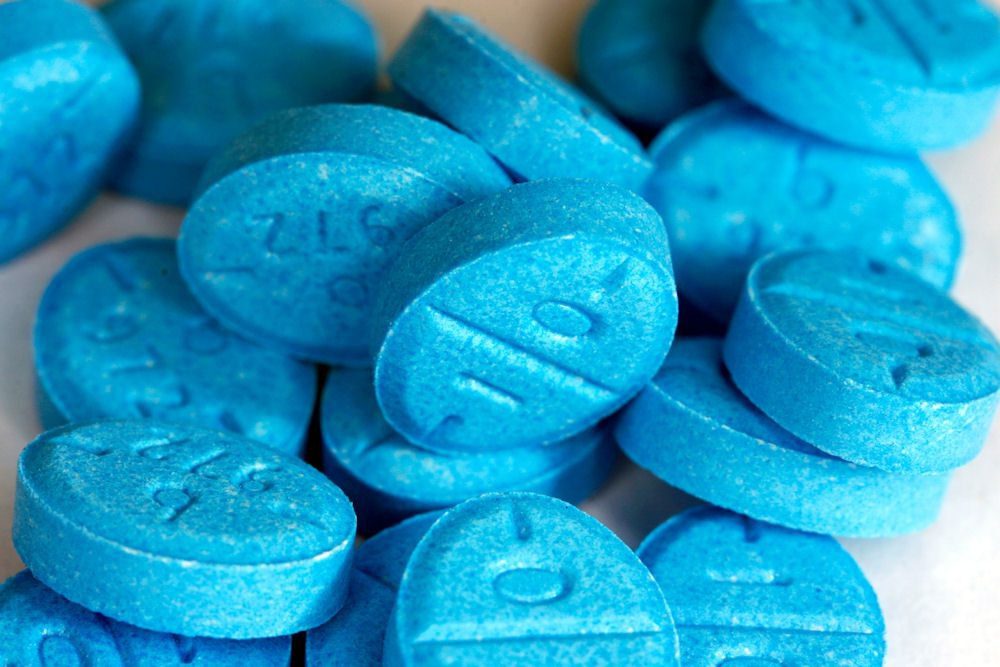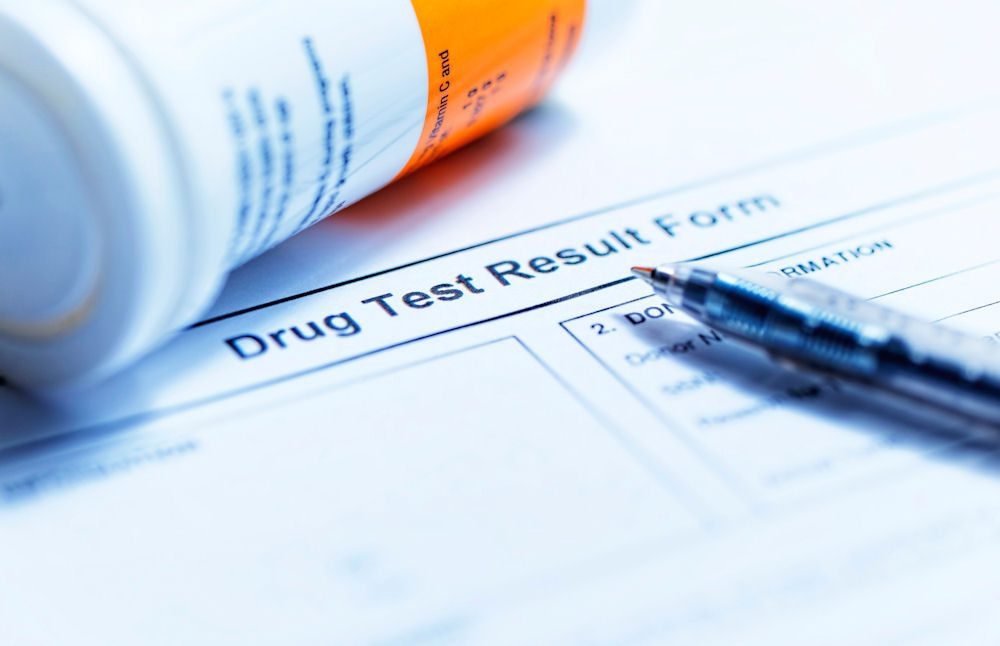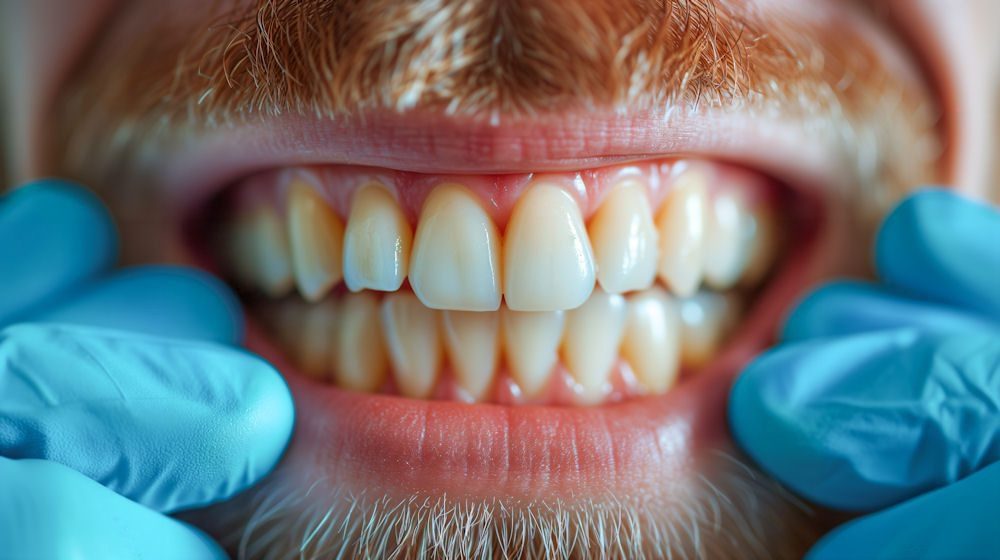Northern Illinois Recovery Center Blog
Ecstasy and Molly are common names used to describe MDMA, a mind-altering substance recognized for triggering feelings of euphoria and emotional openness. Ecstasy typically denotes MDMA found in pill form, which may include additional substances. In contrast, Molly typically refers to pure MDMA available as a crystalline powder.
You've heard stories about LSD trips gone bad, but can one overdose on acid? LSD, or lysergic acid diethylamide, is a hallucinogenic drug that alters perception. Like any psychoactive substance, concerns about safety and overdose potential should be taken seriously.
Ever wonder if those medications you take to stay focused could mess with your head? Adderall is great for concentration, but it can also cause wild hallucinations and delusions. We're talking full-on psychosis, where you lose touch with reality.
The concept of sobriety has evolved recently to include a new term: "California sober." You may have heard this phrase, or "Cali-sober," in conversations around lifestyle choices and substance use, particularly within communities that advocate for moderation or alternative approaches to sobriety.
Cocaine is a powerful stimulant drug derived from the coca plant. It can have profound effects on the central nervous system, leading to increased energy, euphoria, and heightened alertness.
The negative impact on the teeth is just one of the problems that can arise from abusing substances. Many illicit drugs can seriously damage an individual’s teeth and even cause tooth loss if steps aren’t taken to stop using the drug and get dental care.
A glass of wine each night has been part of human life for centuries. If you enjoy it and keep your wine consumption within the recommended amount, there may even be some benefits. But, if you don’t drink, the benefits aren’t a good reason to start.
Marijuana is a natural plant that contains cannabinoids, such as THC and CBD, that produce various effects on the brain and body. Some marijuana may not be pure or natural, as it may be laced with other substances, such as fentanyl, a powerful synthetic opioid that can cause fatal overdoses.
Northern Illinois Recovery Center, a leading addiction treatment facility, focuses on holistic recovery. Addressing the phenomenon of "hangxiety," we delve into the challenges of dealing with anxiety during hangovers.
Consuming too much alcohol affects people in different ways. For some people, the lack of inhibitions while drinking can make them more boisterous, brave, or exuberant.


Licensed Physician and Surgeon
Dr. Beth Dunlap, a board-certified addiction medicine and family medicine physician, and is the medical director at Northern Illinois Recovery Center. She is responsible for overseeing all the integrated medical services at both campuses. Beth completed medical school, residency, and fellowship at Northwestern University, where she continues to serve on the faculty as a member of the Department of Family and Community Medicine. She has extensive experience in addiction medicine at all levels of care, and her clinical interests include integrated primary care and addiction medicine, harm reduction, and medication-assisted treatment.























